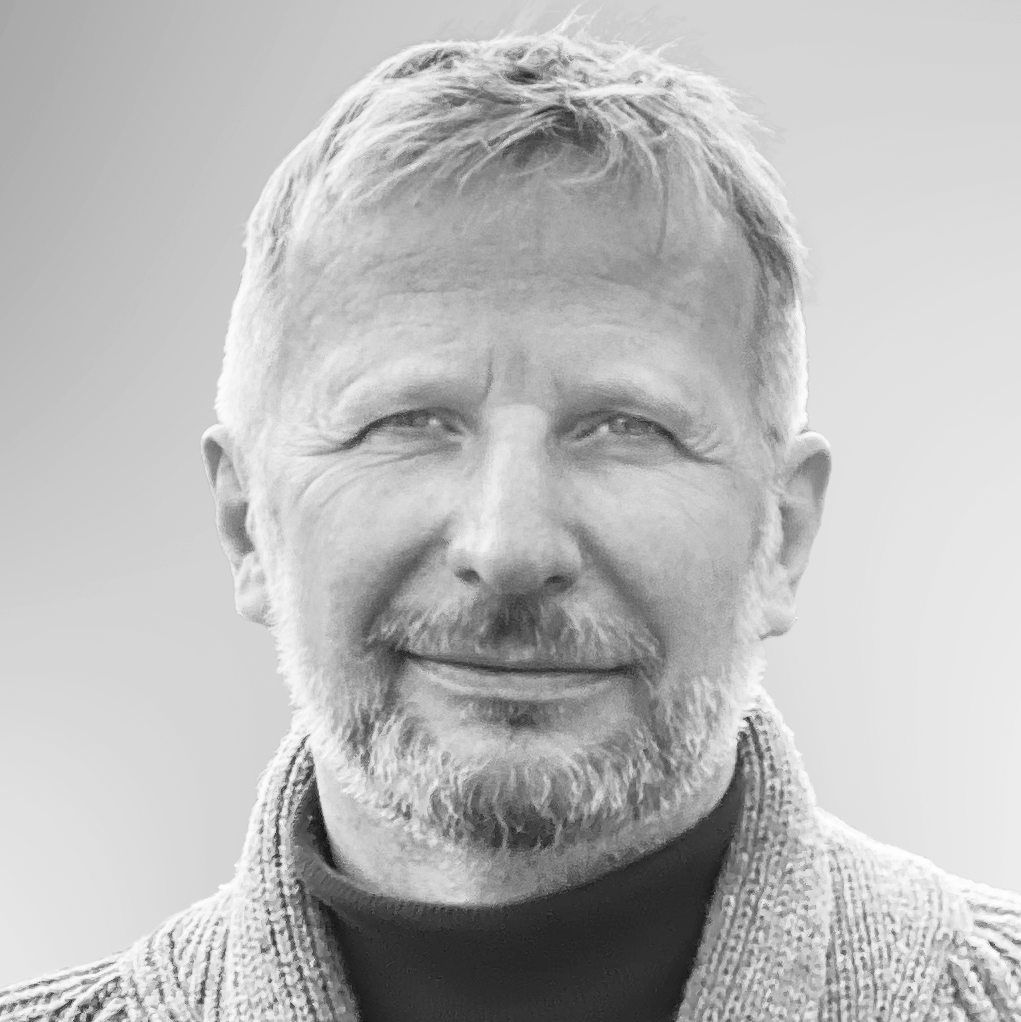I am a digital media academic, creative technologist, and curator whose work spans digital art, e-business, and critical media studies. My research explores the aesthetic, political, and infrastructural dimensions of digital culture, with a focus on algorithmic authorship, immersive systems, speculative design, and the politics of memory. As an artist, I work across game art, embedded systems, and cybernetic body performance—exploring software as both material and critical method, and engaging with XR, biofeedback, and networked presence. I am part of the digital futures think tank Cybersalon and have received a range of artist residencies, including the prestigious Arebyte Gallery University Residency in 2018. Since 2010, I have held academic positions and leadership roles at Middlesex University, including Programme Leader for BA Media and Cultural Studies, BA Digital Media, and BA Digital Media and Communications, where I draw extensively on my industry practice to shape curricula that are both critically grounded and professionally relevant.
I began my academic career while still an undergraduate in Communication at the University of Vienna, when I was hired as a technical tutor by the Institute of Architecture at the University of Applied Arts. Working under visionary architects Wolf D. Prix (Coop Himmelb[l]au) and Michael Wallraff, I introduced and taught emerging VR and media technologies to architecture students, enabling them to realise complex visualisations, including immersive walkthroughs and media façades conceived as re-manifestations of public space. At the same time, I developed the web design curriculum for SAE Institute’s pioneering Multimedia Producer course, which later evolved into Middlesex University-validated BA degrees in Creative Media. I taught web design and digital video at SAE Vienna and supported the implementation and delivery of the programme in Zurich.
From 1995, I worked as a freelance media designer, web developer, and creative technologist in e-commerce and public relations, collaborating with agencies such as Temmel & Seywald, Pixelwings, and the Austrian State Printing House. In 1998, I founded Digital Drafts, a pioneering new media agency specialising in omnichannel public communication, with the unique proposition of producing all digital content in-house. The agency’s core mission was to translate complex processes of digital transformation—such as the rise of the internet and the information society—into accessible, citizen-facing media. Key clients included the City of Vienna and its Municipal Department for Urban Development and Planning. One flagship initiative, Global Village, was an annual week-long event, exhibition, and conference hosted at Vienna City Hall that explored digital futures in the public sphere.
Digital Drafts also produced interactive public information systems, such as a CD-ROM and touchscreen infoterminal for the City’s Department of Waste Water Management, showcased at WEFTEch in Florida in 1998. Other major projects included CoolPlaces & HotSpots for the Department of Communications and Media—an early digital wayfinding and cultural mapping platform that introduced these technologies to Austrian audiences and was awarded the Austrian State Prize for Multimedia and e-Business 1999 in the category Public Information Systems. Additional collaborations with the Austrian Federal Ministry of Agriculture and the Cultural Landscape Research Centre focused on sustainability, biodiversity, and landscape communication.
n the 2000s, I was selected by Vienna’s Cultural Department as a community-elected board member of netznetz, a participatory funding framework for net culture, where I supported a new generation of digital artists and helped allocate funding to projects such as metalab.at, Vienna’s first hackspace and maker lab. As chairman of the Quartier for Digital Culture (QDK) at Q21’s Electric Avenue in MuseumsQuartier Vienna, I curated a wide range of digital art and culture programmes—organising festivals, exhibitions, and symposia that addressed open source culture, open hardware, digital empowerment, inclusion and diversity, digital literacy, online safety, nerd culture, hacker humour, and experimental robotics. My curatorial practice foregrounds media as empowerment—championing open access, DIY infrastructures, and community-led innovation, including initiatives such as Slum TV, a grassroots media project in the world’s largest informal settlement.
Alongside my academic and artistic work, I have remained active in the business sector, receiving the Austrian National Prize for Multimedia and e-Business in 1999 (Category: Public Information Systems) and being recognised in 2023 as a “digital luminary” by Business Junction, the UK’s largest business network. Grounded in design and measured against industry benchmarks, my artistic practice draws on the Greek notion of téchnē—true craft mastery—and aspires to a Renaissance-style unified vision of art, science, and technology. It’s a practice shaped by critical inquiry but built to function, scale, and sell. My work has been exhibited internationally and in the UK, including at the V&A and ICA, and I regularly speak at leading festivals such as Ars Electronica and transmediale. I am Senior Lecturer at the Faculty of Arts and Creative Industries, where I teach digital production, UX/UI, and social media, integrating critical theory with industry-facing practice.


